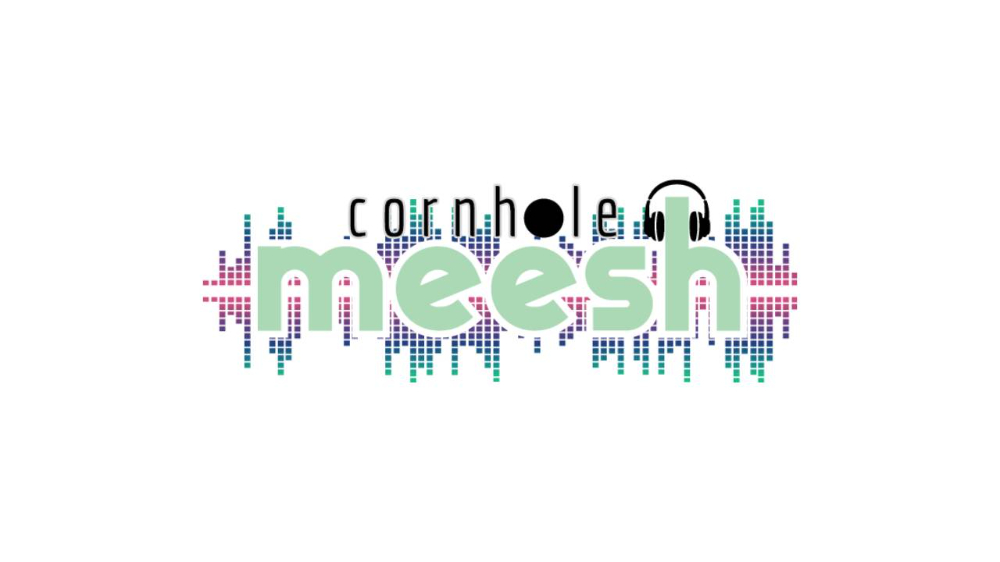5 Mindset Traps For The Mental Side of Cornhole
Sep 30, 2022
#1: Believing Our Thoughts
Our thoughts our mainly formed from the age of 0-7. This means as adults many of the thoughts that flicker across our consciousness our not actually ours and are commonly untrue.
What unhealthy or unhelpful thoughts are you thinking? That you're not good enough? That you aren't athletic enough? That you aren't meant to be wealthy or successful?
Start to question your thoughts and be sure that if you are going to keep them... they are truly helpful to you.
#2: Making Meaning Out of Emotion
Feeling frustrated or disappointed when you miss a shot is normal.
Feeling nervous or anxious before an important game is normal.
Feeling emotions before, during, and after gameplay is unavoidable (if you're human) BUT...
Be careful if you make those emotions mean something. If you missed a bag, you feel frustrated, but that's it. It doesn't mean you suck, it doesn't mean you're going to lose, it doesn't mean anything.
#3: Mindless Living
Your best cornhole performance will always happen when you are fully present and mindful.
Being "in the zone" is being incredibly present. Just you, your bag, and the board. Nothing else is there. This is ultimate presence.
The problems occur when we are in our heads and not in our bodies. When chasing thoughts and making meaning out of our emotions, all of this takes us out of the present.
#4: Only Focusing on DOING
We are human BEINGS. We are not meant to constantly be in production mode. Don't fall into the trap of becoming unbalanced by only focusing on one aspect of your game - mechanics.
Who you are BEING is just as important. Think of this as the stretching portion of your exercise routine to balance out all the strength and cardio. You need both for ultimate success.
Spend some time daydreaming about the person you want to become & imagine yourself being that person with all that success.
Cultivate more presence in life for success
#5: Efforting Solutions Only
After a bad match or tournament, we are quick to go straight into more effort. More practice.
The message is often "I am not doing enough" and that's why I had this negative experience.
This is not the right state of mind to problem solve effectively
(it's also not the right area of the brain to use)
To access our best problem-solving part of the brain we have to take a breath, create space, and resist
going into "Fixing" mode

